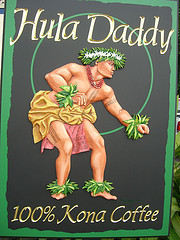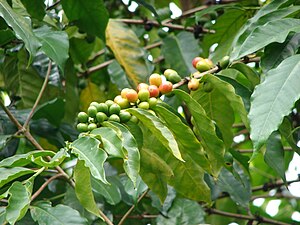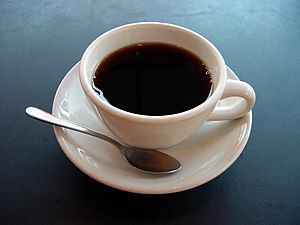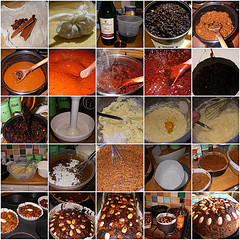Indulge in Hawaiian Kona Coffee
Author: Jessica Leebelt
Preferred by discerning coffee drinkers for its smooth, full-bodied flavor, Kona coffee is cultivated on the Big Island of Hawaii in the famous Kona Coffee Belt. While many imitators sell “Kona blends,” these blends contain only 10 percent pure Kona beans. Experienced Kona growers control every step of the process, from the seed to the cup. Once you’ve enjoyed a cup of rich, 100-percent Kona, you’ll understand why roasting this delicate bean is truly considered an art form.
Health Benefits of Kona Coffee
Pure enjoyment is the reason most people drink Kona, but there are also a number of health benefits associated with Hawaii’s best cup.
– Antioxidant Power: Studies indicate that each cup of Hawaiian mountain coffee contains a variety of antioxidants, polyphenols and phyto-chemicals thought to enhance the immune system and reduce the occurrence of cancer.
– Brain and Nervous System Stimulation: Caffeine can enhance alertness, athletic performance and overall endurance.
– Lowered Diabetes and Parkinson’s Risk: Harvard researchers found that drinking several cups of coffee a day lowered diabetes risk in both men and women. In addition, several studies have found that regular coffee drinkers are up to 80 percent less likely to develop Parkinson’s-a debilitating auto-immune disease.
– Natural Headache Relief: Kona coffee contains enough caffeine to constrict blood vessels, which may reduce headache pain or even eliminate it altogether. [Read more…]






